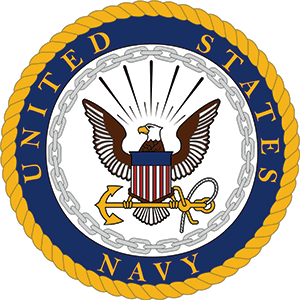ABOUT VAP-63
- VAP-63 Full Name: VAP-63 stood for “Heavy Photographic Squadron 63,” a U.S. Navy reconnaissance unit specializing in aerial photography and mapping.
- Established in 1952: The squadron was originally established as VC-63 in 1952 and redesignated as VAP-63 in 1956 to reflect its dedicated photographic mission.
- Mission Profile: VAP-63’s primary tasks included aerial reconnaissance, mapping, and intelligence gathering, crucial for naval planning and operations during the Cold War.
- Main Aircraft: The squadron operated the P2V Neptune and later the A3D/A-3 Skywarrior, modified with photographic equipment for high-altitude and long-range missions.
- Vietnam War Service: VAP-63 played a vital role during the Vietnam War, conducting pre- and post-strike reconnaissance, bomb-damage assessment, and mapping missions over hostile territory.
- Nickname: The squadron was known as the “Fighting Griffins,” with a distinctive griffin emblem symbolizing vigilance and strength.
- Home Base: The unit was based out of NAS Agana, Guam, and later at NAS Alameda, California, supporting Pacific Fleet operations.
- Decommissioning: VAP-63 was disestablished on April 1, 1971, as advancements in satellite reconnaissance and newer units took over its mission profile.
- Notable Missions: The squadron supported Operation Rolling Thunder and other major operations, often flying dangerous low-level missions to gather crucial photographic intelligence.
- Legacy: VAP-63’s photographic work contributed significantly to naval intelligence, and many of its veterans went on to distinguished careers in naval aviation and intelligence fields.

